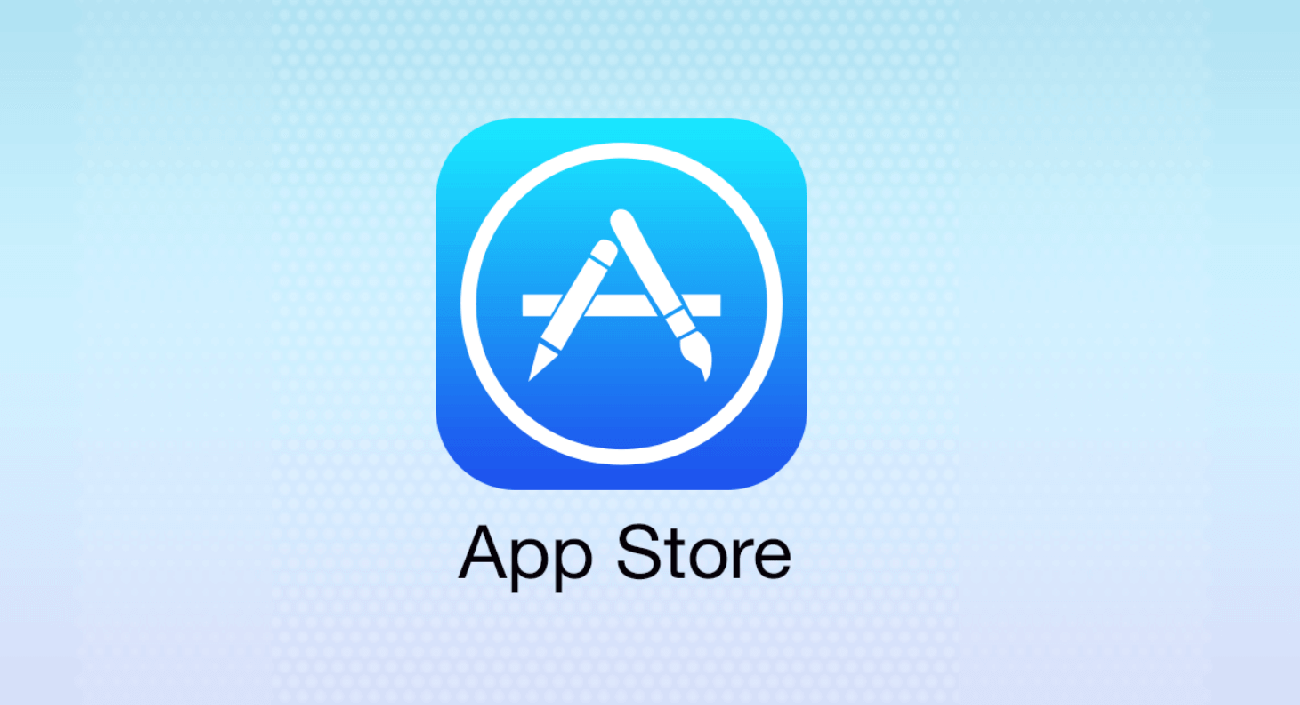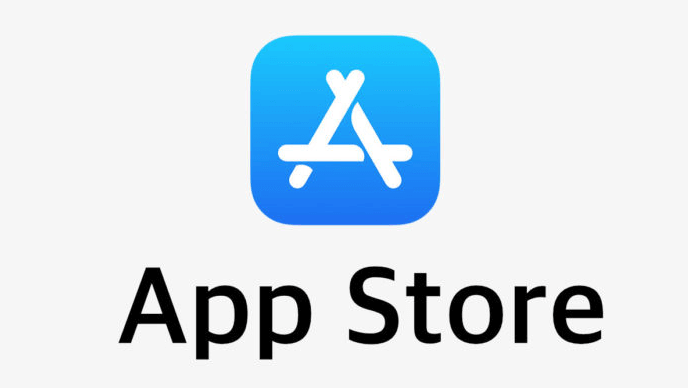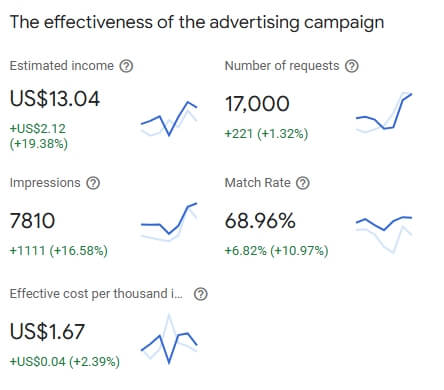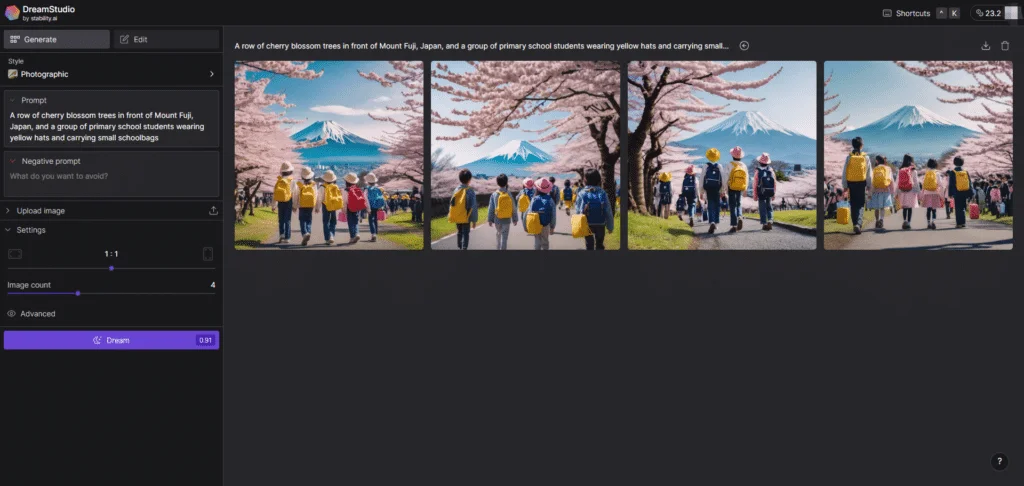The first two chapters of the iOS App Review Guidelines are focused on security and performance, underscoring Apple’s emphasis on these areas. It’s crucial for developers to thoroughly understand and comply with these guidelines to ensure a smooth review process for their apps.
Security
Apple prioritizes security as the first chapter in its App Review Guidelines to emphasize that all applications released on the App Store must meet "security" standards. This protects user privacy and device security, ensuring a safer experience for users.
1.1 Offensive Content
Apple’s requirements specify that apps must not contain offensive, insensitive, disturbing, repulsive, or purely creepy content. Apple encourages developers to submit content that is positive, healthy, and adheres to societal values and moral norms to avoid causing negative emotional or psychological impacts on users.
1.2 User-Generated Content
For apps with user-generated content, there are unique challenges, such as intellectual property violations and anonymous bullying. Apple mandates content moderation and reporting mechanisms within these platforms to help identify and handle violations, thus protecting user experience. As users, we often encounter moderation and reporting functions for content like posts or comments on these apps, which allows for a safer, more positive experience.
1.3 Kids Category
Apps in the Kids category must avoid external links, purchase options, or any other content that might distract or harm children unless confined to a parental-supervised area. When submitting an initial app version, developers should carefully select the appropriate age range based on the app’s features and content. If the app includes unsuitable elements for children, like contests, horror, third-party data analytics, or ads, it’s best to choose a rating of 17+. Apps suitable for children can opt for a lower rating, such as 4+.
1.4 Physical Harm
Apple may reject apps if their functionality could lead to physical harm. Apps that provide content related to medicine, drugs, tobacco, alcohol, or gambling must comply with relevant regulations, and some industries may require approval or documentation from regulatory authorities. Apps should not promote activities that may negatively impact personal health or well-being.
1.5 Developer Information
Users need a way to contact developers for questions and support. This means apps must include channels for user communication, such as email, phone, or live chat. If developers do not provide accurate contact information, this may not only disappoint users but could also violate legal requirements in certain regions, potentially leading to app rejection.
1.6 Data Security
Apps should implement suitable security measures to properly handle collected user information, preventing unauthorized use, disclosure, or access by third parties. Apple requires developers to clearly inform and obtain user consent when collecting information. Data shared with third parties should be transparently explained regarding purpose and use to avoid rejection.
1.7 Reporting Criminal Activity
Apps intended for reporting criminal activity must involve local law enforcement and can only be offered in countries or regions where such collaboration is in place. This requirement is quite clear—apps in this category should comply with relevant laws.
Performance
Performance requirements are the second chapter of the App Review Guidelines. If security and performance issues are not addressed, the app will likely fail to make it to the App Store. Here is a breakdown of these requirements:
2.1 App Completeness
Apps submitted for review (including those available for preorder) must be final versions with all necessary metadata and valid URLs. Developers should submit a fully functional, stable app without evident technical issues or crashes. To avoid rejection, developers should thoroughly test and resolve any issues, and ensure metadata accuracy. Dedicating time for final checks before submitting can prevent issues and align with Apple’s guidelines.
2.2 Beta Testing
Demo, beta, and trial versions are not suitable for the App Store and should be tested through TestFlight. Developers who want a realistic simulation of their app's live experience can use TestFlight, a convenient testing tool that helps prepare the app for a smooth App Store review.
2.3 Accurate Metadata
When customers download or purchase an app, they should know exactly what to expect. Ensure that all app metadata, including privacy details, app descriptions, screenshots, and previews, accurately represent the core experience of the app and are updated to match the latest version.
Metadata is "data about data." Accurate metadata means the information provided should genuinely reflect the app's core functionality and must not be misleading. This helps users better understand the app’s features and decide whether to download it. Accurate metadata also enhances the app’s visibility and download rates, reducing the likelihood of rejection due to inaccuracies. Developers should carefully review requirements related to app icons, titles, keywords, descriptions, and categories to ensure compliance.
2.4 Hardware Compatibility
Apple has specific requirements for hardware compatibility to ensure user experience. iPhone apps should ideally run on iPad, and developers are encouraged to create universal apps for a seamless experience across devices. While not mandatory, hardware compatibility offers a better user experience. For instance, some apps may lack optimization on iPad, resulting in subpar experiences. Developers should strive for compatibility across platforms.
For hardware compatibility, Apple also suggests optimizing app energy usage to prevent excessive battery drain or heat generation that might damage devices. Apps that require external hardware should clearly inform users, and developers must avoid requesting device reboots or changing system settings unrelated to app functionality.
2.5 Software Requirements
This section outlines requirements related to API usage, data handling, security, multitasking, IPv6 compatibility, web browser frameworks, software functionality, SiriKit, and ad placement. Although less frequently cited as reasons for rejection, new apps may encounter issues under this guideline. For instance, if an app changes from supporting IPv6 to not supporting it or includes blank or test ads, it could be rejected.
We strongly advise developers to carefully evaluate any changes in app settings, third-party SDKs, or hardware feature calls to ensure compliance with these guidelines.







